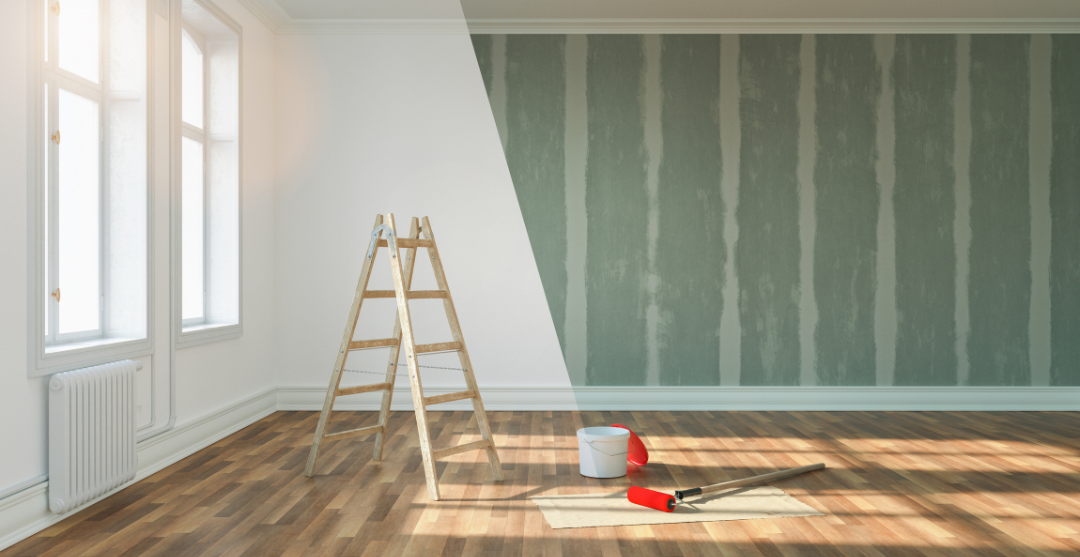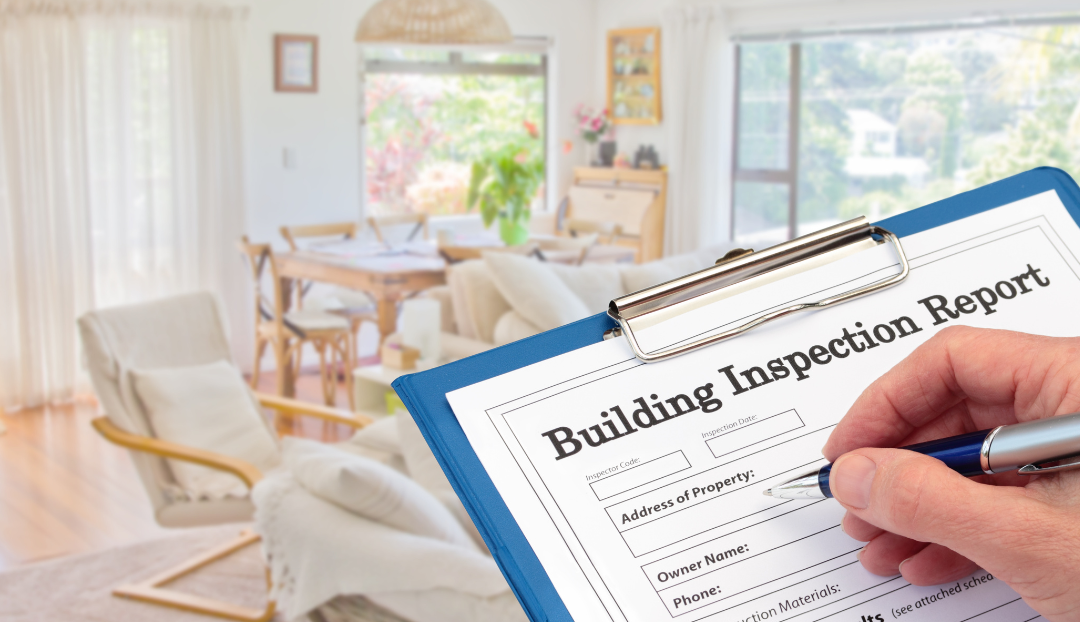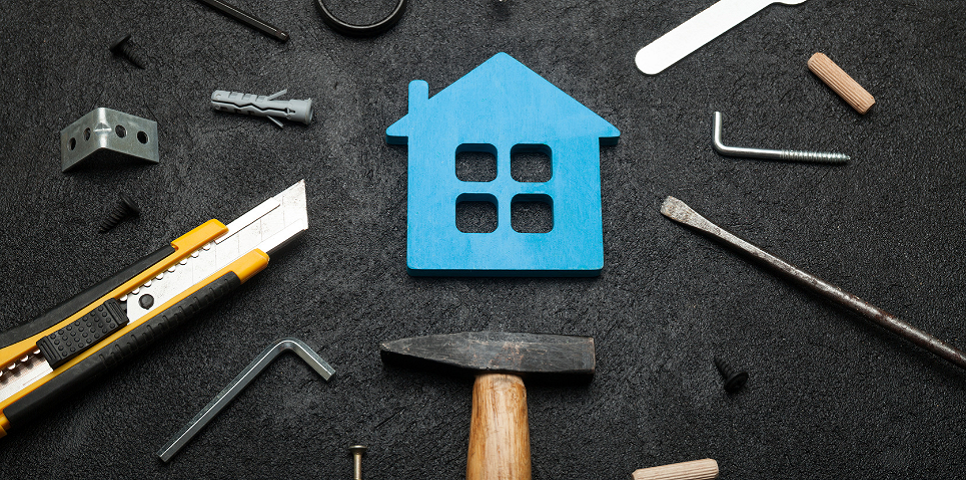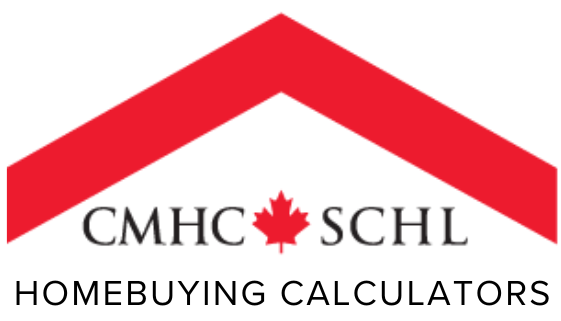Embarking on the journey of buying and renovating a property for resale can be both thrilling and lucrative. However, before you dive headfirst into the world of house flipping, it's crucial to understand the costs involved. In this guide, we'll explore eight essential expenses to consider when turning a fixer-upper into a buyer's dream.

Purchase Price and Acquisition Costs:
The adventure begins with finding the right property. Remember, the purchase price isn't the only financial hurdle. Factor in closing costs, legal fees, and potential property taxes. Tools like home buying calculators can help you estimate these expenses beforehand.
Renovation Budget:
Renovations are where the magic happens, but costs can quickly spiral out of control. Develop a comprehensive budget that includes material costs, labor fees, and a contingency fund for unexpected surprises. Online resources such as the CMHC Your Home Value can give you an idea of what you home is worth and how that value is assessed.
Financing and Interest Rates:
Securing financing for your project is a crucial step. Consider the interest rates and loan terms carefully. Shop around for the best mortgage rates, and explore financing options tailored to real estate investment, such as fix-and-flip loans. Online mortgage calculators can help you understand the long-term financial impact of different loan scenarios.
Carrying Costs:
Holding onto a property while renovations are underway incurs ongoing expenses such as property taxes, insurance, and utility bills. The longer it takes to complete the project, the more these carrying costs accumulate. Factor in these monthly expenses when calculating the overall profitability of your venture.
Staging and Marketing:
Presentation matters. Invest in staging to showcase the property's potential and attract potential buyers. Professional-quality photos and marketing materials are essential in today's digital age. Allocate a portion of your budget to professional staging services and marketing resources, such as high-quality photography.

Hidden Structural Issues:
Unforeseen structural problems can throw a wrench into your budget. Before purchasing a property, conduct a thorough inspection with a qualified professional. Anticipating potential issues, such as foundation problems or outdated electrical systems, can help you avoid costly surprises down the line.
Regulatory Compliance:
Ensure your renovations comply with local building codes and regulations. Failure to do so can result in fines, delays, or even having to undo completed work. Check with your municipality or hire a local architect to guide you through the permitting process.

Market Fluctuations:
Real estate markets are dynamic and subject to fluctuations. Keep an eye on current trends and property values in your target area. A sudden downturn could impact your potential profit, emphasizing the importance of timing in the real estate game.
House flipping is undoubtedly an exhilarating venture, but success lies in meticulous planning and thorough consideration of all associated costs. By navigating the complexities of property acquisition, renovations, and market dynamics, you can turn your fixer-upper into a profitable investment. Stay savvy, stay informed, and let the transformation begin!
Posted by Infinity Admin on



Leave A Comment